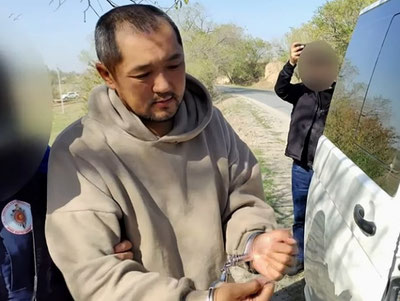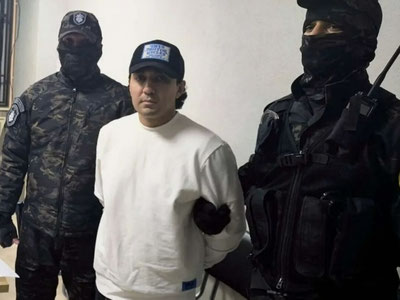On social networks, there is a discussion about the news that a 17-year-old boy from Bukhara has been held accountable for allegedly earning a large amount of cryptocurrency on his own.
In fact, according to the head of the Information Service of the Ministry of Internal Affairs, Shohrukh Ghiyasov, the so-called "talent" mentioned by activists has been engaging in ordinary "virtual currency" activities.
It's no secret that today, the number of resources on Telegram's closed (anonymous) channels and groups inviting people to buy and sell cryptocurrency has increased. In these channels, "sellers" and "buyers" meet and engage in "virtual currency" activities by converting electronic money into cryptocurrency or vice versa.
For these services, they receive a middleman fee of 0.1-2 percent of the transferred money amount (the higher the anonymity of the transferred money, the corresponding fee percentage increases).
"Virtual currency" operators use specialized platforms like "Binance" to convert one cryptocurrency to another or to cash (dollars, euros, rubles, etc.).
These special platforms are created to be simple and user-friendly, allowing even those with no deep knowledge in information technologies or the cryptocurrency sector to use them easily.
Today, large fraudsters, organized criminal groups specialized in drug trafficking, arms trafficking, human trafficking, and child pornography, mainly perform transactions using anonymous crypto assets. Similarly, terrorist groups are gathering funds through cryptocurrency to finance themselves.
The reason is that it allows the transfer of funds quickly and anonymously to any point in the world.
Cryptocurrency exchangers ("virtual currency" operators), knowingly or unknowingly, act as intermediaries in such activities, which is undoubtedly a matter of concern. It's essential and necessary that there be state control over this process, adherence to regulations, and compliance with rules.
In the criminal case mentioned above, the 17-year-old Z.M. has carried out more than 4,000 suspicious intermediary ("virtual currency" operations) on the "Binance" platform over 7 months, accumulating a fee. It's clear that the 34 billion UZS allegedly earned by this "talented" young man is not actually his income, but the sum of other people's money processed through the system.
An analysis of these operations revealed that the majority of the funds rotated by Z.M. came from pensions, salaries, and online credit cards, indicating an attempt to launder and obfuscate the origins of money acquired through fraud. The investigation and judicial authorities will provide the answer to this. The presumption of innocence is fully respected.
"Therefore, some users making statements about this criminal case are misleading the public and hindering an impartial investigation with their actions. It's regrettable that such misleading and unprofessional populist statements are made without being aware of the case materials and without familiarizing themselves with the legal requirements," says the Press Secretary of the Ministry of Internal Affairs.






